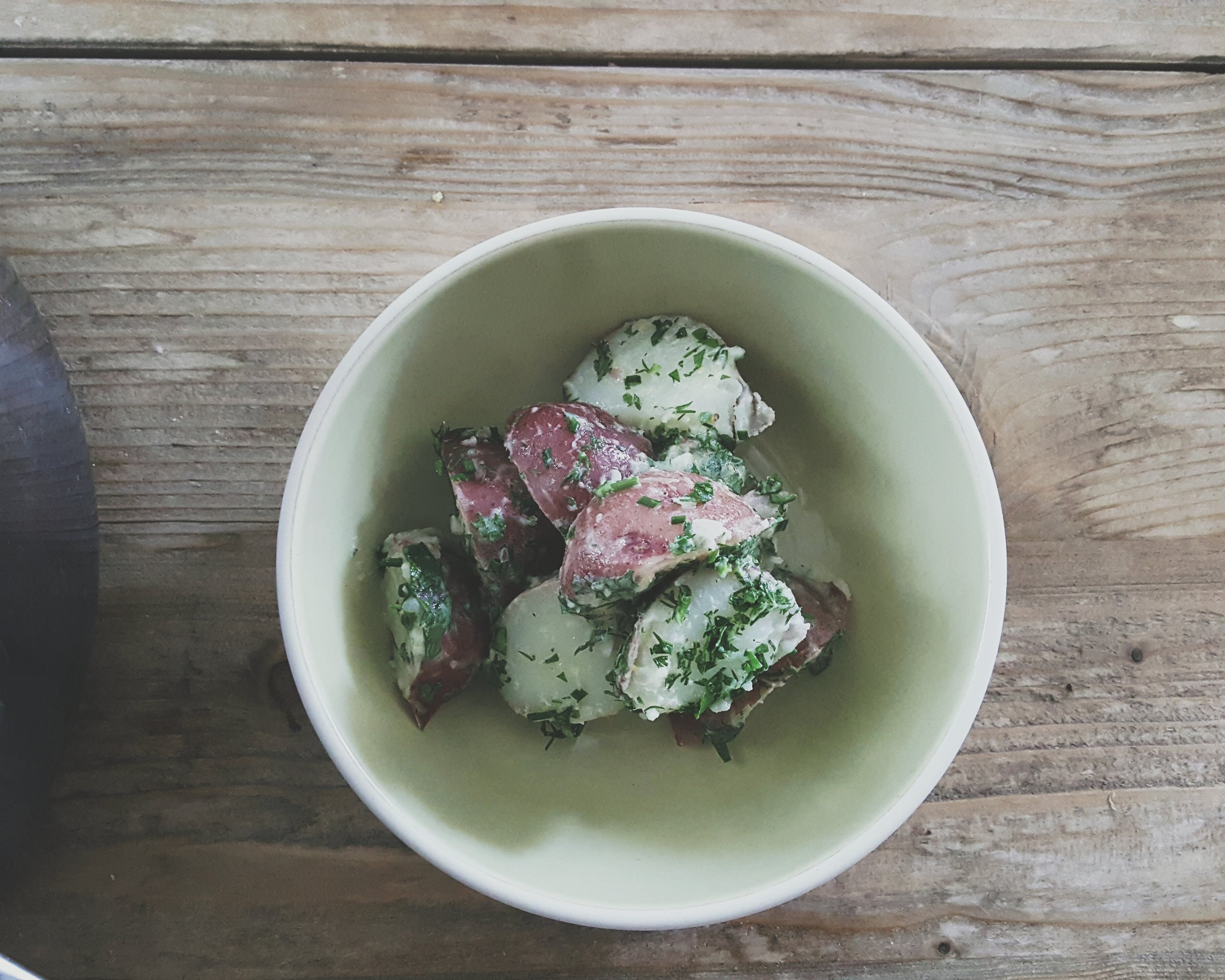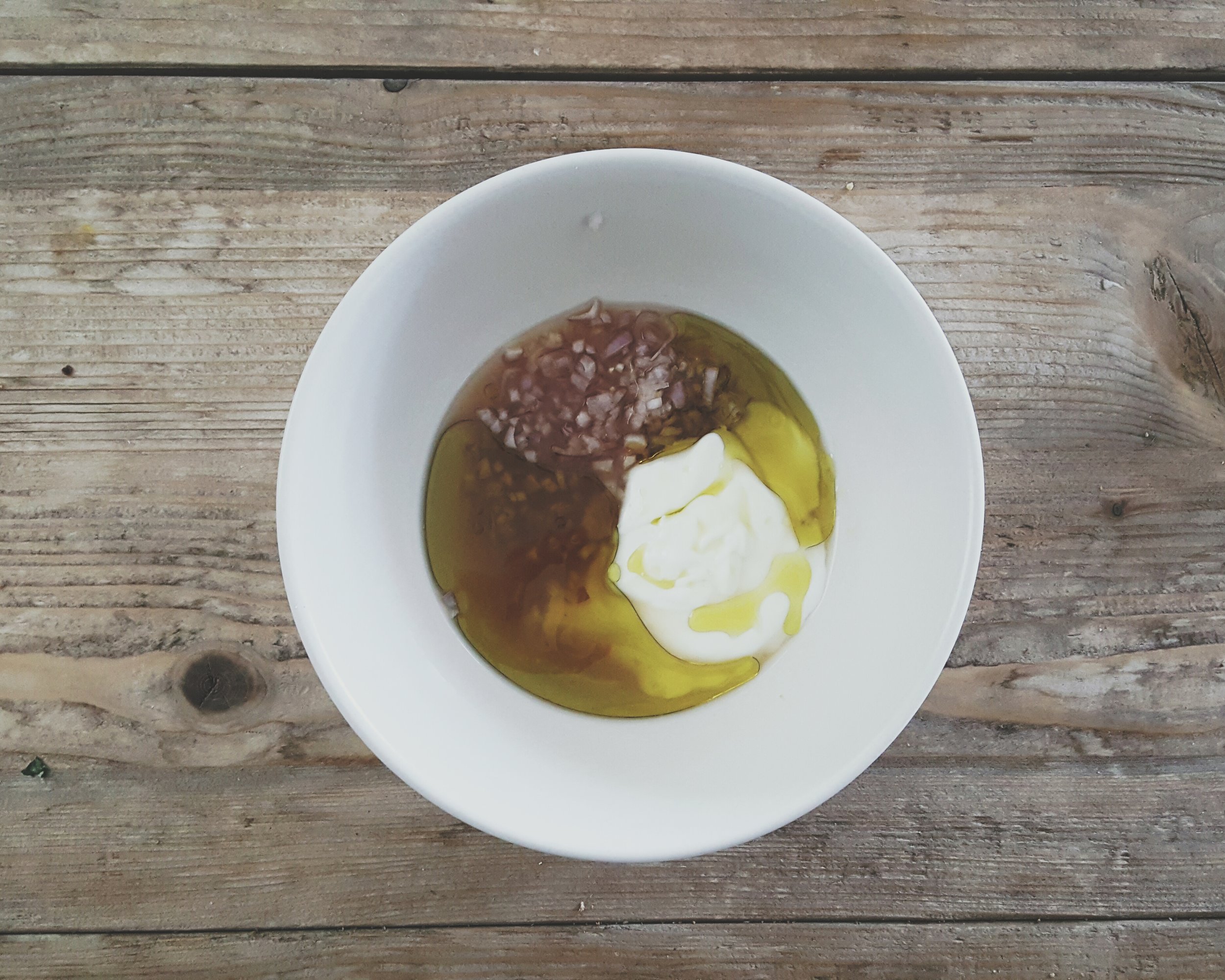A few days after Thanksgiving, I received a note from my editor that the book was going to print very soon. Next week! That meant in early December, Eat This Poem was off to the press. I wrote back, exactly: “Eeek! (And also, pretty exciting!)”
Getting to this point was roughly a seven month process that included several rounds of revisions—from my editor, me, and a team of copyeditors trained to find inconsistencies like “Can we say yellow onion instead of brown onion?” or “Pepper is listed in the ingredients, but not in the directions.” There was also a line that said “bring out the earthy beer flavor,” which should have read “earthy beet flavor.” Thank heavens for them.
Way before this happened, though, I noticed a big writing mistake.
As I sipped my tea and read each chapter, words began rising up from the page. Familiar words. I decided to run a search in my Word doc, and discovered one particular word was used throughout the manuscript exactly 20 times!
Nudge
Once I realized the oversight, I went back and found a new way to say whatever it was I was trying to say. I left a few nudges, of course. I do love the word, after all, but decided three or four mentions was far better than several dozen.
That’s what happens when you read and re-read—you notice things you never noticed before.
Thanks to the wonders of technology, this kind of writing mistake is a relatively easy one to fix. A quick use of the search feature let me know exactly how many times the word appeared, and from there, it was just a matter of working through all the mentions and deciding which to keep and which to change.
Want more lessons from my book-writing journey? Catch up on past posts!











